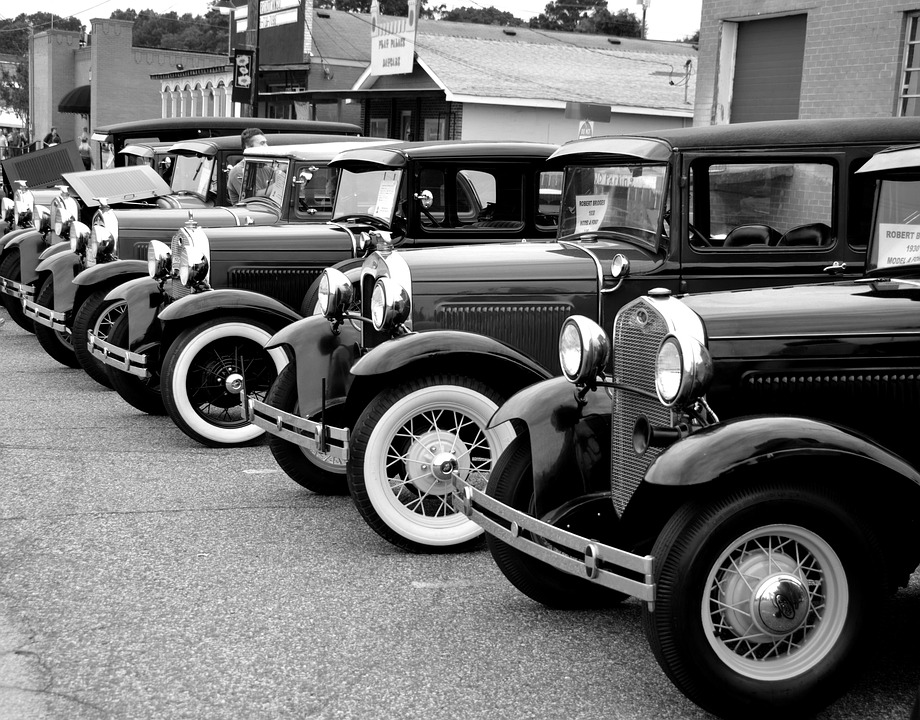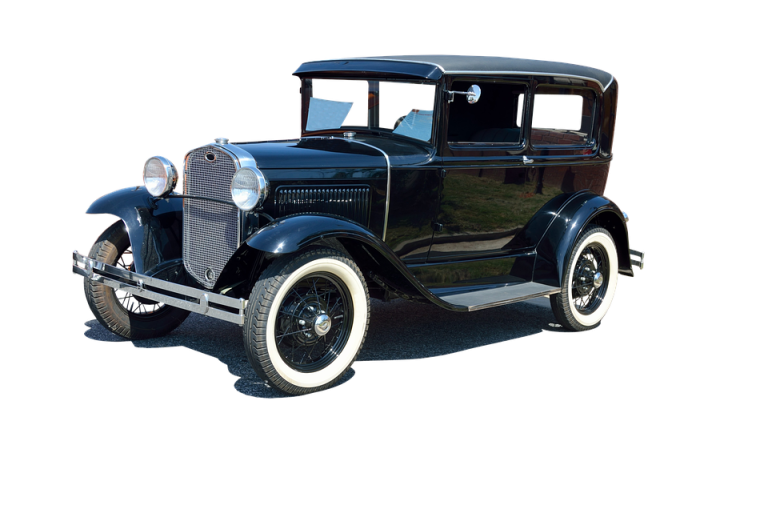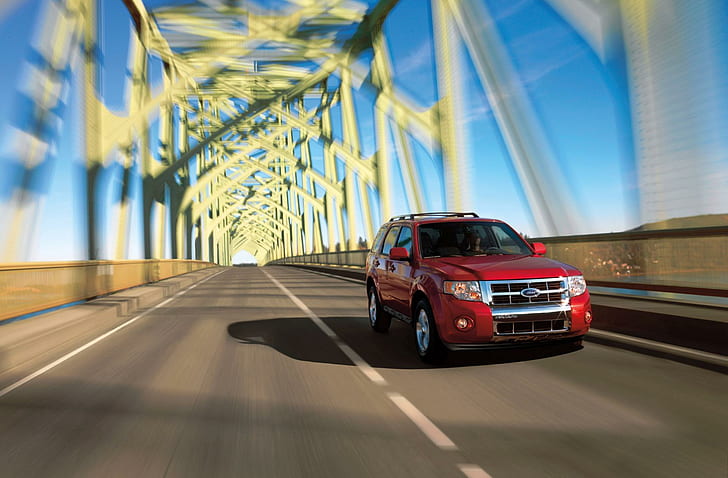1999 Ford Ranger 0-60: Explained
[ad_1]
Welcome to our in-depth guide on the 1999 Ford Ranger 0-60. In this article, we will take a closer look at the 0-60 acceleration time of the 1999 Ford Ranger, what factors can affect it, and how you can improve it. Whether you are a proud owner of a 1999 Ford Ranger or just someone who is interested in learning more about this iconic vehicle, we’ve got you covered. So, let’s dive in and explore the 0-60 performance of the 1999 Ford Ranger!
What does 0-60 mean for a vehicle?
The 0-60 time refers to the time it takes for a vehicle to accelerate from 0 to 60 miles per hour. It is a popular metric used to measure the acceleration and performance of a vehicle. The faster the 0-60 time, the quicker the vehicle can reach a speed of 60 miles per hour from a standstill. For car enthusiasts and performance-oriented drivers, the 0-60 time is a crucial factor in evaluating the overall speed and agility of a vehicle.
What was the 1999 Ford Ranger’s 0-60 time?
The 1999 Ford Ranger offered a variety of engine options, each with its own unique 0-60 performance. The base model of the 1999 Ford Ranger, equipped with a 2.5L 4-cylinder engine, had a 0-60 time of approximately 9.5 seconds. On the other hand, the more powerful 4.0L V6 engine variant boasted a quicker 0-60 time of around 8.9 seconds. These figures may vary slightly depending on the specific configuration and condition of the vehicle, but they provide a general idea of the 0-60 performance of the 1999 Ford Ranger.
What factors can affect the 0-60 time of a 1999 Ford Ranger?
Several factors can influence the 0-60 time of a 1999 Ford Ranger, or any vehicle for that matter. The engine’s power and torque output play a significant role in determining how quickly a vehicle can accelerate. The vehicle’s weight, aerodynamics, and transmission also affect its 0-60 performance. Additionally, external conditions such as road surface, weather, and temperature can impact the vehicle’s acceleration time. Understanding these factors can help in optimizing the 0-60 performance of a 1999 Ford Ranger.
How can I improve the 0-60 time of my 1999 Ford Ranger?
There are several ways to enhance the 0-60 performance of a 1999 Ford Ranger. Upgrading to a more powerful engine or tuning the existing engine for improved power and torque can significantly reduce the 0-60 time. Installing a performance-oriented exhaust, intake, and tuning the vehicle’s transmission can also contribute to quicker acceleration. Additionally, reducing the vehicle’s weight, optimizing its aerodynamics, and ensuring proper maintenance can further improve its 0-60 time. By implementing these modifications and enhancements, you can unleash the full potential of your 1999 Ford Ranger’s acceleration.
Conclusion
In conclusion, the 1999 Ford Ranger offered a respectable 0-60 performance, with different engine options providing varying acceleration times. Understanding the factors that influence the 0-60 time and implementing performance upgrades can improve the overall acceleration and driving experience of the 1999 Ford Ranger. Whether you seek to enhance its speed for sports driving or simply want to maximize its responsiveness for daily use, there are plenty of opportunities to optimize the 0-60 performance of the 1999 Ford Ranger.
FAQs
1. Can I improve my 1999 Ford Ranger’s 0-60 time without upgrading the engine?
Yes, there are other ways to enhance the 0-60 performance of your 1999 Ford Ranger without upgrading the engine. Optimizing the vehicle’s weight, aerodynamics, and transmission, as well as performing regular maintenance, can all contribute to improved acceleration without the need for a new engine.
2. Is the 1999 Ford Ranger a good choice for performance-oriented driving?
The 1999 Ford Ranger, especially the V6 engine variants, can offer a satisfying driving experience for those seeking reasonable acceleration and agility. While it may not match the performance of high-end sports trucks, it remains a capable choice for enthusiasts who appreciate its versatility and reliability.
3. What is the most effective upgrade to improve the 0-60 time of a 1999 Ford Ranger?
Upgrading to a more powerful engine is the most direct way to improve the 0-60 time of a 1999 Ford Ranger. However, other modifications such as optimizing the vehicle’s aerodynamics, reducing weight, and tuning the transmission can also yield significant improvements in acceleration.
4. Can external conditions like weather and road surface affect the 0-60 time of a 1999 Ford Ranger?
Yes, external conditions such as weather, temperature, and road surface can impact the 0-60 time of a 1999 Ford Ranger. In adverse weather or on rough road surfaces, the vehicle may not be able to achieve its optimal acceleration performance.
5. How can I accurately measure the 0-60 time of my 1999 Ford Ranger?
There are various methods for measuring the 0-60 time of a vehicle, including using specialized performance meters or timing devices. Additionally, certain smartphone apps can provide reasonably accurate measurements of a vehicle’s acceleration from 0 to 60 miles per hour.
[ad_2]







